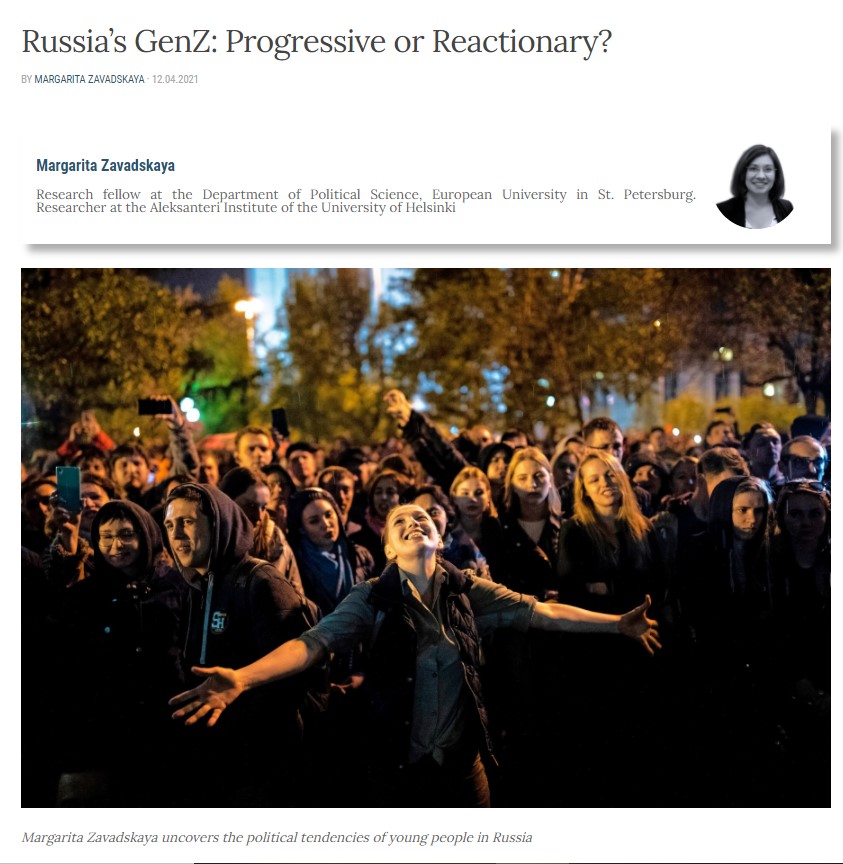We continue with publishing our ElMaRB seminars and today we want to share with you the recording of the seminar “Litigating Election Integrity before International Human Rights Courts: Prospects and Limitations”, which took place on the 7th of April. The talk was given by Dmitry Kurnosov, Carlsberg International Postdoctoral Fellow at the Faculty of Law, University of Helsinki. ElMaRB project leader Margarita Zavadskaya acted as a discussant.
During the last decade, the issue of electoral integrity has become increasingly prominent both in scholarly studies and in political discourse. On the one hand, we see the proliferation of competitive authoritarian regimes, which hold elections, but deny their participants a level playing field. On the other, advanced democracies experience increasing citizen dissatisfaction with the quality of democracy. In these circumstances, could international human rights courts play a constructive role?
The right to free and fair elections is enshrined in global and regional human rights instruments. Some of them can be relied upon by individuals in litigation against governments. My research looks into how this avenue is used, and whether international human rights courts can meaningfully improve election integrity.
I argue that the experience has been mixed so far. Litigation before international human rights courts has highlighted a number of important issues connected with election integrity. International judges have on many occasions addressed the challenges facing democracy in a contemporary environment. However, there are substantial limitations for litigating election integrity in an international setting. Often governments see elections as an essential part of their sovereignty. Therefore, they either ignore the decisions of international human rights courts or strike back against them. Mindful of these challenges, judges often adopt a cautious approach to election cases, limiting the potential scope of their decisions.

